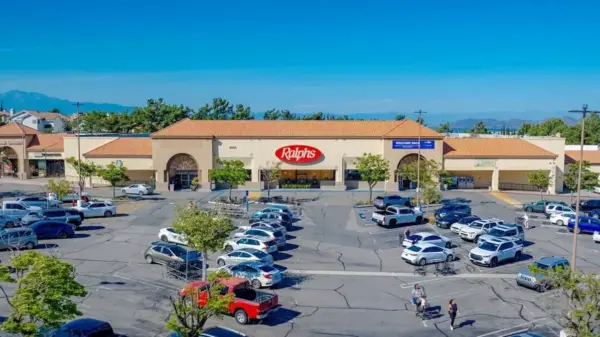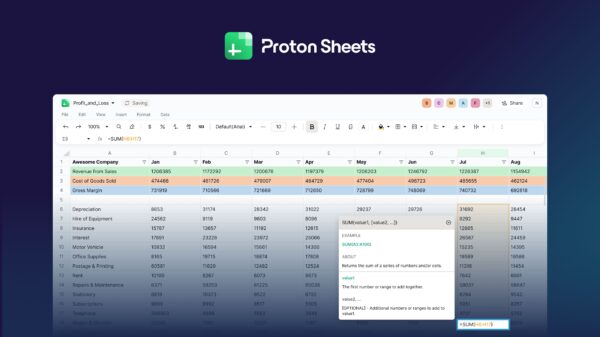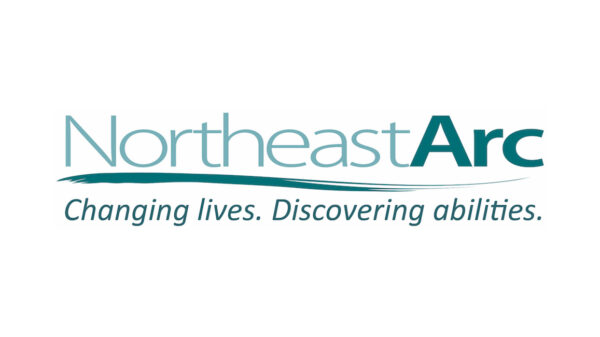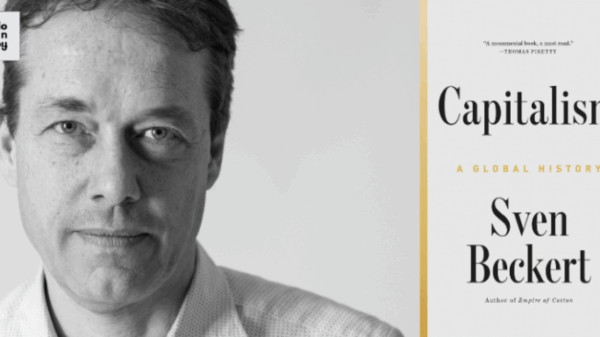In a recent letter to the editor, Moorhead resident Robert Seigel raised concerns about the financial implications of federal funding in Minnesota, arguing that an overreliance on these resources could lead to economic instability. His remarks were made in response to comments from DelRae Williams, who suggested that Minnesota’s status as a “net plus giver of federal money” indicated a strong financial position.
Seigel questions the source of this federal funding, pointing to the fact that it ultimately comes from taxpayers. He emphasizes the importance of understanding the flow of money, particularly in light of April 15, the date when many individuals in the United States submit their tax returns. His perspective highlights a growing unease among some residents regarding the sustainability of federal support.
The letter also addresses specific organizations that have received substantial funding in Minnesota, such as Feeding Our Future and Housing Stabilization Services. Seigel alleges that these entities, which primarily serve communities in the Twin Cities, have been “net receivers” of millions of dollars from Minnesota taxpayers. He claims that these funds have largely been mismanaged, characterizing the situation as a form of fraud.
The crux of Seigel’s argument is a warning about the potential consequences of continued reliance on federal funding. He suggests that if Minnesota’s financial situation does not improve, residents may face dire economic challenges. “If it gets any finer, we will all be ecstatic (and broke),” he wrote, expressing a sense of urgency regarding the state’s fiscal health.
This discourse reflects a broader debate about fiscal responsibility and the role of federal funding in state economies. As local residents like Seigel raise their voices, it becomes increasingly important to consider the implications of financial policies and their impact on communities.
Minnesota’s financial landscape continues to evolve, and discussions surrounding federal funding will likely remain a focal point as residents seek solutions to maintain economic stability.







































































